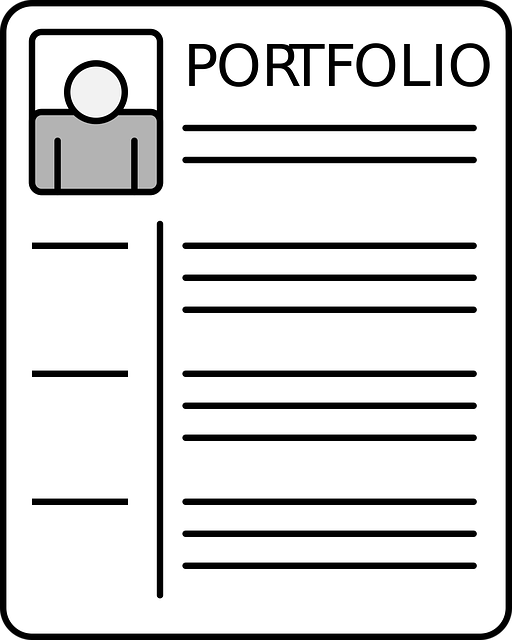In the UK, clear and effective communication is vital for fostering an inclusive workplace, especially when dealing with diverse linguistic backgrounds. Professional UK Human Resources Documents translation services play a crucial role in ensuring all employees understand their rights and responsibilities by accurately translating employee handbooks, contracts, and training materials. These services not only support legal compliance but also demonstrate ethical leadership by preventing misunderstandings, legal issues, and potential discrimination claims through culturally sensitive language expertise. Specialized translators with knowledge of employment laws, policies, and cultural nuances are essential to providing high-quality translations that uphold fairness and inclusivity in a globalized workforce.
In today’s globalized business landscape, accurate UK Human Resources Documents translation services are indispensable. Effective communication across languages is crucial for attracting international talent, ensuring legal compliance, and fostering inclusive workplaces. This article delves into the significance of precise translations in HR documentation, exploring common challenges, the pivotal role of professional translation services, and best practices for implementing high-quality solutions to navigate the complexities of UK Human Resources Documents seamlessly.
- Understanding the Importance of Accurate Translation in HR Documentation
- Challenges in Translating UK Human Resources Documents
- The Role of Professional Translation Services in Overcoming Barriers
- Benefits and Best Practices for Implementing High-Quality Translation Solutions
Understanding the Importance of Accurate Translation in HR Documentation

In the realm of UK Human Resources, clear and precise communication is paramount to fostering an inclusive and productive work environment. When it comes to documentation, accurate translation services play a pivotal role in ensuring every employee understands their rights, responsibilities, and company policies. Whether it’s employee handbooks, contracts, or training materials, professional translators help bridge the language gap, guaranteeing that vital information is conveyed coherently across diverse linguistic backgrounds.
An erroneous translation can lead to misunderstandings, legal complications, and even discrimination claims. Therefore, investing in reputable UK Human Resources documents translation services is not just a matter of compliance but also of ethical responsibility. These services employ linguists who are not only fluent in multiple languages but also have a deep understanding of cultural nuances, ensuring that translated documents resonate with audiences from various linguistic and cultural backgrounds.
Challenges in Translating UK Human Resources Documents

Translating UK Human Resources (HR) documents presents unique challenges due to the industry’s specific terminology, legal requirements, and cultural nuances. HR documentation often contains complex language related to employment laws, policies, and benefits, which demands precision in translation. Professional translators must stay up-to-date with the latest legislative changes to ensure accurate and compliant translations.
Additionally, cultural differences play a significant role. What may be a straightforward term in one country could have varying meanings or interpretations in another, especially regarding company culture, employee rights, and practices. High-quality translation services for UK HR documents require linguists who not only grasp the language but also understand the context to deliver reliable and culturally sensitive translations.
The Role of Professional Translation Services in Overcoming Barriers

Professional translation services play a vital role in overcoming language barriers for UK Human Resources (HR) documentation. With a growing global workforce and diverse employee bases, accurate and culturally sensitive translations are essential to ensure fair and inclusive practices. HR documents, including contracts, policies, and training materials, require precision and nuance to convey critical information effectively.
These services provide expertise in legal, financial, and technical terminology specific to the HR domain. Professional translators not only translate words but also adapt content to meet cultural nuances and compliance standards across different jurisdictions. By leveraging advanced technologies and industry-specific knowledge, UK HR document translation services enhance communication, promote understanding, and foster a more inclusive workplace environment for all employees.
Benefits and Best Practices for Implementing High-Quality Translation Solutions

Implementing high-quality translation solutions for UK Human Resources (HR) documents offers significant advantages, ensuring accurate communication and compliance across diverse linguistic landscapes. Accurate translations streamline processes, facilitate global HR management, and foster an inclusive workplace environment. They enable organisations to extend their reach, comply with local regulations, and provide equal opportunities for all employees, regardless of their native language.
Best practices include leveraging advanced translation technologies while maintaining human oversight for quality control. Working with professional translators who understand HR jargon and cultural nuances is essential. Regular updates and maintenance of translation memory ensure consistency across documents and projects. Additionally, integrating translation services into existing HR systems streamlines workflows, enhances efficiency, and guarantees reliable, high-quality translations for all UK HR documentation.
Professional translation services are indispensable for ensuring the accuracy and effectiveness of UK Human Resources documents. By overcoming language barriers and maintaining terminology consistency, these services foster inclusivity and compliance in a diverse workforce. Implementing high-quality translation solutions not only streamlines HR processes but also enhances employee experience and legal protection, making it an essential investment for any organization navigating the global market. For optimal results, adopt best practices that prioritize native linguists, technological advancements, and rigorous quality control.
